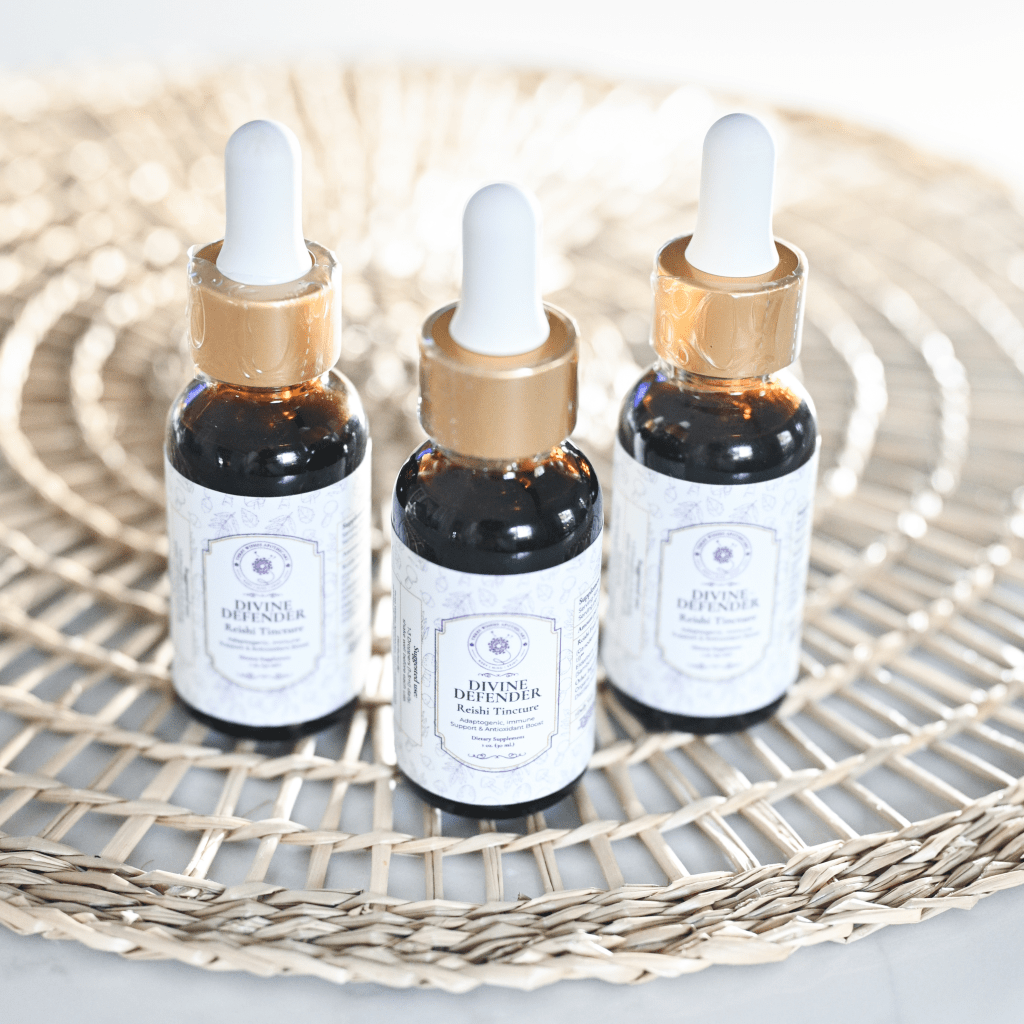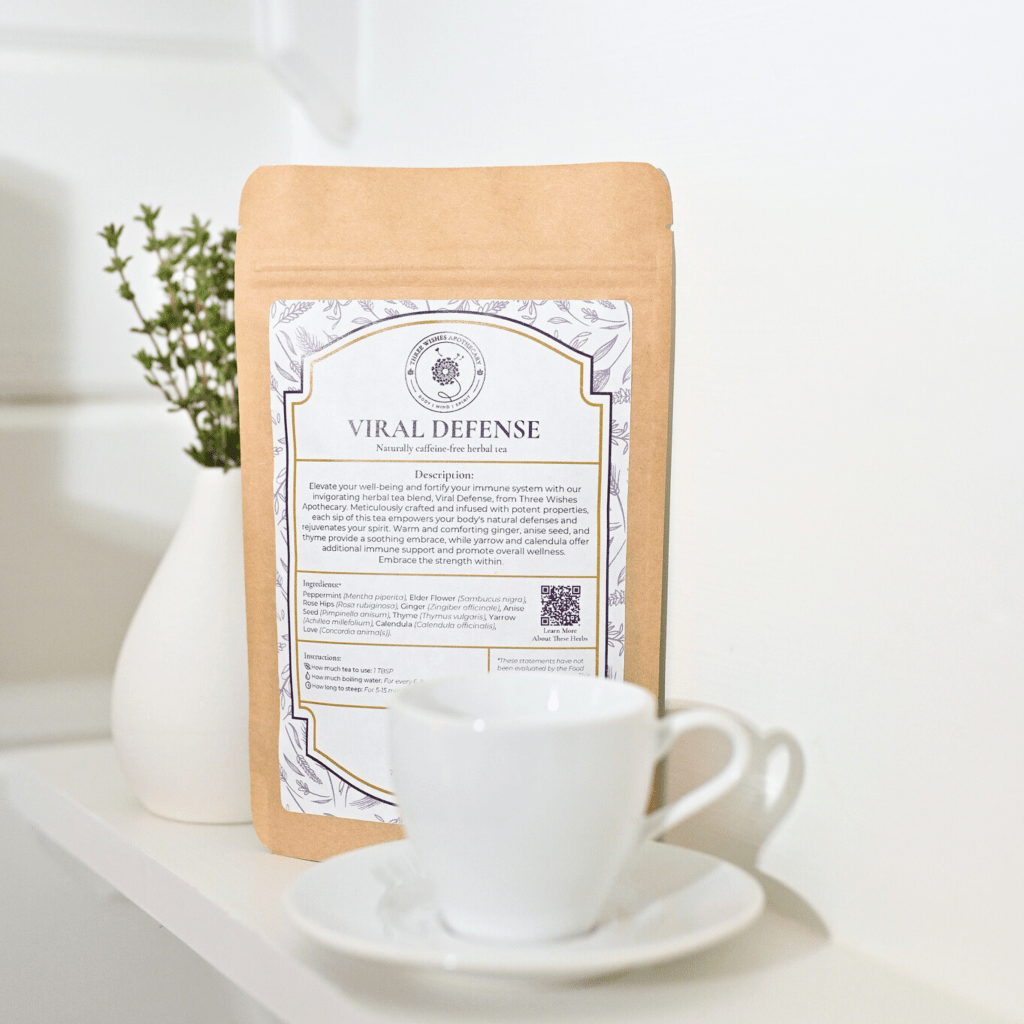Medicinal Action

Diaphoretic
Diaphoretic agents work by stimulating the sweat glands, encouraging the release of heat and toxins through the skin. These herbs are often used to support the body’s natural defenses during fevers, colds, or flu. Elderflower (Sambucus nigra) is a gentle diaphoretic that helps reduce fever and promote sweating. Ginger (Zingiber officinale) warms the body, enhancing circulation and sweat production. Yarrow (Achillea millefolium) is a classic diaphoretic, supporting the body in breaking fevers and easing cold symptoms. These herbs provide a natural, holistic approach to supporting the body’s detoxification and immune response during illness.





